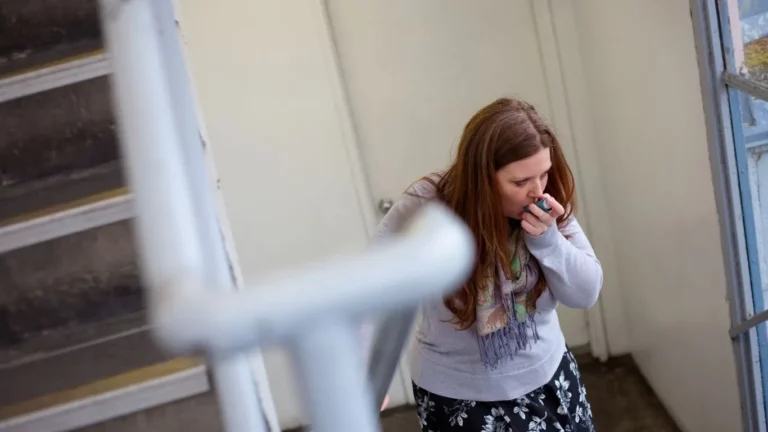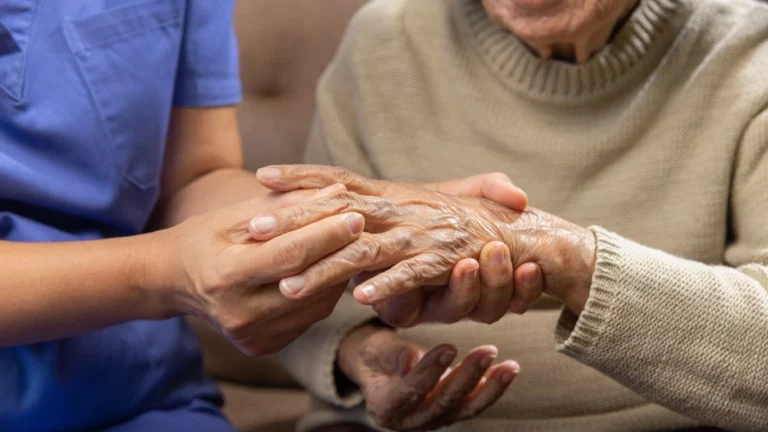Managing Rheumatoid Arthritis and its Emotional Burden Effectively
As someone who specializes in the diagnosis, treatment, and management of rheumatoid arthritis (RA), I’ve seen firsthand how this condition doesn’t just affect the joints but also deeply impacts the emotional well-being of individuals. In fact, managing the emotional burden of rheumatoid arthritis is often just as important as managing its physical symptoms. It’s easy to focus on the pain and swelling, but the emotional toll—depression, anxiety, frustration—can be just as overwhelming for many patients.
Understanding the Emotional Burden of Rheumatoid Arthritis
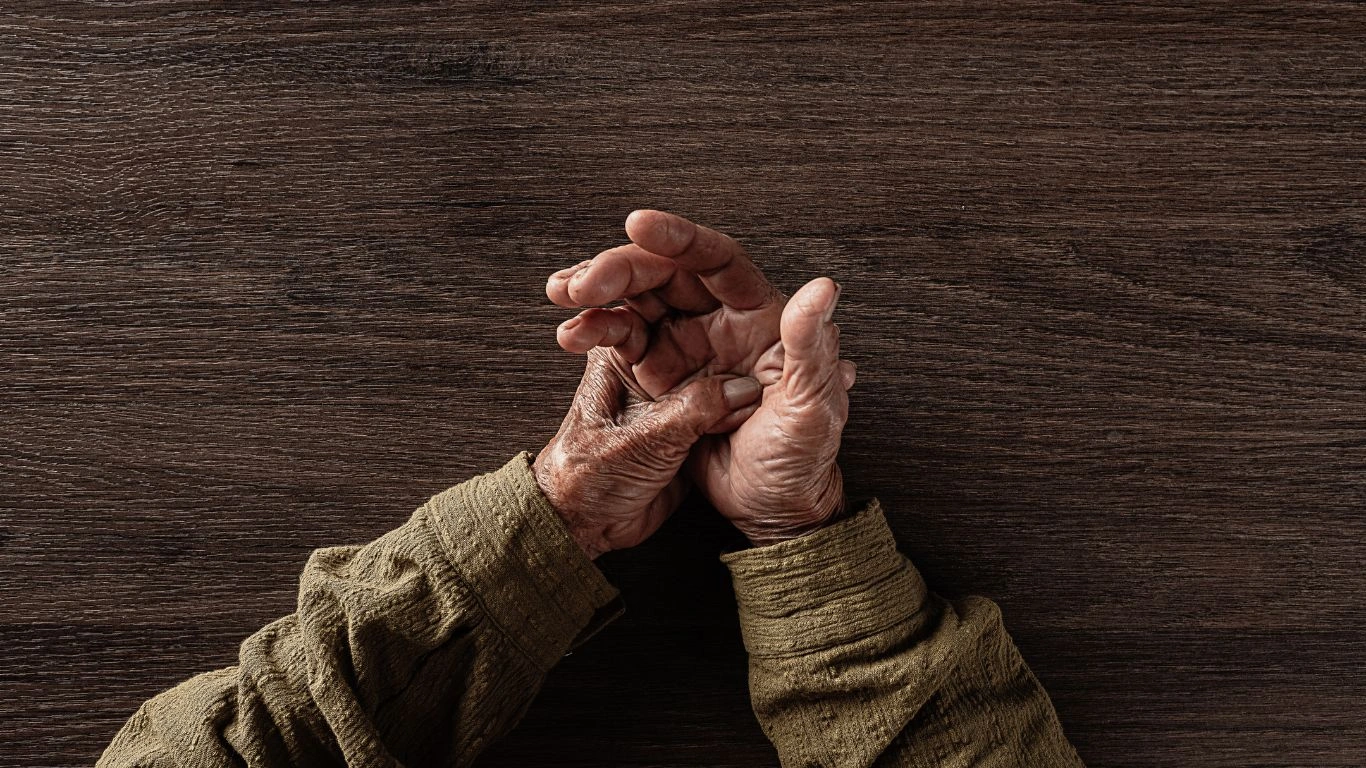
Rheumatoid arthritis (RA) is a chronic autoimmune condition that causes inflammation in the joints, leading to pain, stiffness, and, over time, possible joint damage. However, the experience of living with RA isn’t just about the physical symptoms. The emotional and mental challenges can be equally crippling. It’s often the unseen struggles—the anxiety, sadness, and sense of isolation—that make daily life harder to navigate.
When you’re living with a condition that can flare up unexpectedly, it’s easy to feel like you’re not in control of your body or your life. Many patients report feeling a constant undercurrent of stress or worry, wondering when the next flare will come or how they will manage their daily activities. These emotional strains can have a ripple effect on every aspect of life, from relationships to work to personal happiness. In my experience, helping people recognize and address these emotional struggles is just as crucial as physical care. After all, mental well-being is tightly intertwined with physical health, and both need attention for a successful RA management strategy.
Why Is Rheumatoid Arthritis So Emotionally Challenging?
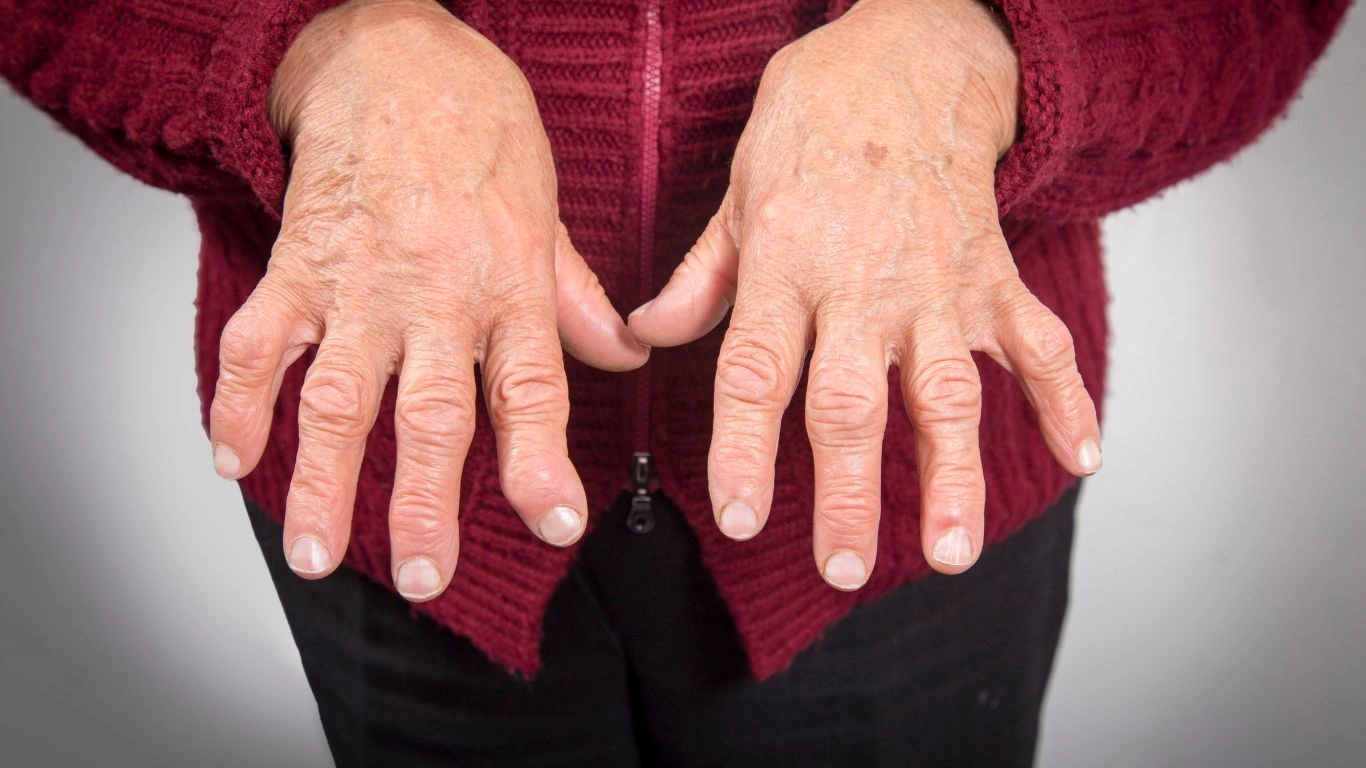
The emotional challenges that come with rheumatoid arthritis are often overlooked, but they are very real. For many, the daily uncertainty of managing a chronic disease can trigger a constant low-grade anxiety. Here’s why RA is such an emotional challenge:
- Physical Symptoms Can Be Unpredictable: One of the most frustrating aspects of RA is the unpredictability of flare-ups. You may feel fine one day, but the next, you could be overwhelmed with pain and stiffness. This unpredictability can create anxiety about what the next day might hold.
- Loss of Independence: As the disease progresses, many individuals with RA find themselves struggling with everyday tasks—whether it’s buttoning a shirt, climbing stairs, or simply holding a cup. This loss of independence can lead to feelings of helplessness, frustration, and even depression.
- Social Isolation: Joint pain, fatigue, and other symptoms may make it difficult to keep up with social engagements. Over time, this can lead to withdrawal from family, friends, and colleagues, leading to feelings of loneliness and isolation.
- Fear of the Future: The progressive nature of RA means that patients are often left wondering how the disease will affect their lives in the long term. This fear of an uncertain future can take a heavy emotional toll.
Strategies to Manage the Emotional Impact of Rheumatoid Arthritis

While rheumatoid arthritis brings a unique set of emotional challenges, there are several strategies that can help you manage the emotional burden of the disease. Over the years, I’ve seen countless individuals successfully navigate both the physical and emotional challenges of RA. Here are a few key strategies that have proven effective for many of my patients:
1. Build a Strong Support System
One of the most important things you can do for your emotional health is to surround yourself with a supportive network of family, friends, and healthcare providers. It’s easy to feel like you’re facing this battle alone, but having people who understand your struggles can be incredibly comforting. A support group, whether online or in person, can also provide a safe space for sharing your feelings and gaining strength from others who truly understand what you’re going through.
2. Focus on Self-Care and Mental Health
Self-care is a critical part of managing RA, not just physically but emotionally too. Taking time for yourself to rest, engage in activities you enjoy, or even meditate can help reduce stress levels. You may also want to consider seeing a mental health professional who specializes in chronic illness. Cognitive-behavioral therapy (CBT) and mindfulness-based stress reduction (MBSR) are highly recommended for individuals with chronic conditions like RA. Both have been shown to help reduce anxiety and improve overall emotional well-being.
3. Manage Expectations and Set Realistic Goals
Living with RA means adjusting your expectations. You may not always be able to do everything you once could, and that’s okay. Acknowledge the changes in your body and your capabilities, but also recognize what you can still do. Setting realistic goals for yourself can help maintain a sense of accomplishment and keep you from feeling overwhelmed by what you can’t do. This also allows you to celebrate small victories along the way, which is incredibly important for mental health.
4. Explore Complementary Therapies
In addition to traditional RA treatments, some individuals find that complementary therapies such as acupuncture, massage, or yoga can help with both the physical and emotional impacts of RA. These therapies can promote relaxation, improve mobility, and help with pain management. Most importantly, they can offer a much-needed mental break from the daily struggles of living with a chronic illness.
In the next sections, we’ll dive deeper into how RA treatment can be tailored to better support your emotional health and how you can create a balanced routine that caters to both your physical and mental well-being.
The Role of Medication in Managing Rheumatoid Arthritis and Its Emotional Impact
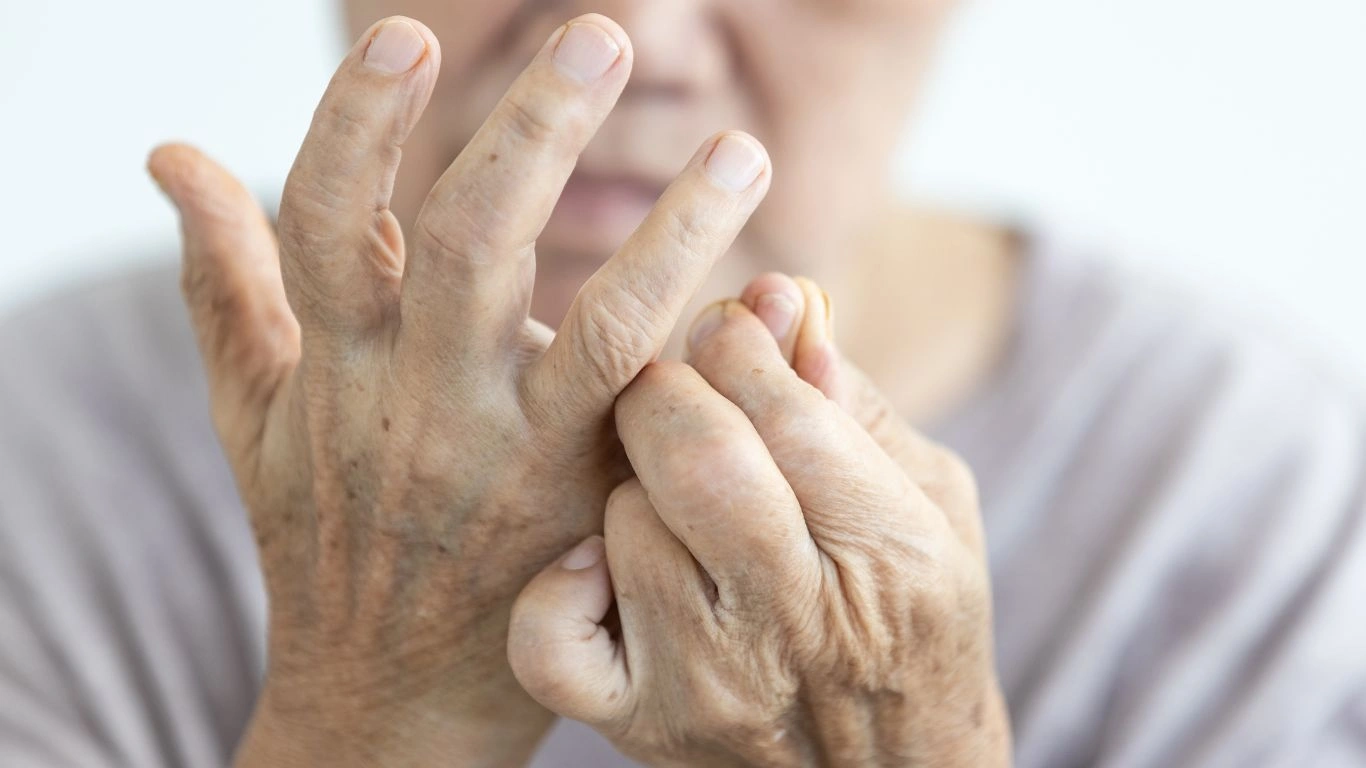
In Part 1, we explored the emotional challenges that come with living with rheumatoid arthritis (RA). Now, let’s take a closer look at how medications can play a critical role in easing both the physical and emotional burdens of this condition. While the primary goal of RA treatment is to reduce inflammation and slow down joint damage, these medications can also have a significant positive effect on mental well-being.
When I work with patients, I often emphasize that RA treatment isn’t just about pain management. It’s about finding the right combination of therapies that can enhance both physical health and emotional stability. The goal is to achieve a balance where you’re not just surviving day to day but living your life to the fullest. Here’s a breakdown of how different types of RA medications can help reduce the emotional burden of the disease.
1. Disease-Modifying Antirheumatic Drugs (DMARDs)
DMARDs are the cornerstone of RA treatment. These medications work to modify the underlying disease process by suppressing the immune system’s abnormal activity, which causes joint inflammation. They’re designed to slow the progression of RA, reducing long-term damage. But they also have a profound impact on emotional well-being.
One of the most powerful benefits of DMARDs is that they can help prevent flare-ups, which can be incredibly stressful both physically and mentally. When you have fewer flare-ups, you can experience a sense of stability, which in turn can reduce feelings of anxiety and helplessness. For many of my patients, just knowing that they are on a treatment plan that helps keep things under control is a major relief.
2. Biologics: Targeted Treatment for Emotional Relief
Biologics are a newer class of RA medications that target specific components of the immune system responsible for causing inflammation. These medications can be particularly effective for people who haven’t responded well to traditional DMARDs.
From a psychological perspective, biologics can be a game-changer. When flare-ups become less frequent and pain is reduced, many people report a significant improvement in their mood and overall outlook on life. In my experience, when RA patients start feeling better physically, they often see a boost in their mental health as well. The emotional toll of worrying about future flare-ups and daily pain decreases when biologics help to maintain a steadier condition.
3. Corticosteroids: Short-Term Relief and Its Impact on Emotions
Corticosteroids, or steroids, are sometimes used to provide short-term relief during severe flare-ups. They work quickly to reduce inflammation and pain, which can help improve the emotional state of the patient during particularly difficult times.
While steroids can provide temporary emotional relief by minimizing pain, they do come with potential side effects, such as mood swings, irritability, and even anxiety. It’s important to use corticosteroids cautiously, under the guidance of a healthcare provider, to avoid these side effects. In many cases, steroids are prescribed in combination with other medications to minimize the emotional impact.
Addressing the Impact of RA on Relationships and Social Life

One of the often-overlooked aspects of managing rheumatoid arthritis is how it affects relationships. Whether it’s with your spouse, children, friends, or colleagues, RA can create a strain that goes beyond just physical limitations. I’ve seen patients struggle with feelings of guilt and frustration, especially when they are unable to participate in social events or perform tasks that they used to do effortlessly. It can also be difficult for loved ones to fully understand the unpredictable nature of RA, which can sometimes lead to miscommunication or tension.
1. Communicating About RA with Loved Ones
One of the best ways to ease the emotional burden of RA on relationships is through open and honest communication. I always encourage my patients to talk to their family and friends about how they’re feeling—both physically and emotionally. When loved ones are kept in the loop, they’re better equipped to offer support and understanding.
It’s also essential to express the need for support in a way that’s clear but not overwhelming. Sometimes, family members or friends may not know how to help, or they may think they’re being helpful when they’re actually causing more stress. By discussing what you need—whether it’s help with certain tasks or just someone to listen—you can foster stronger connections and reduce the feelings of isolation that often accompany RA.
Living with RA can sometimes mean having to cancel plans or decline invitations, and this can be a major source of emotional strain. Over time, some individuals with RA may withdraw from social situations out of fear of not being able to keep up or worrying about the potential for a flare-up. This can create a vicious cycle of isolation and loneliness.
It’s important to remember that social engagement is a key part of maintaining mental health. If you’re feeling up to it, don’t hesitate to attend social gatherings, even if you can’t participate in every activity. Your presence can still be a source of joy for both you and your loved ones. If you’re worried about a flare-up, consider discussing it with your host beforehand, so they understand your situation. Most people will appreciate your honesty, and you may find that socializing in a supportive environment can lift your spirits.
3. Counseling and Therapy for Managing Emotional Burdens
If you find that the emotional impact of rheumatoid arthritis is becoming overwhelming, it may be helpful to seek professional help. A therapist or counselor who specializes in chronic illness can provide valuable support. Cognitive-behavioral therapy (CBT) and other therapeutic approaches can help you manage negative thoughts, reduce anxiety, and improve your coping mechanisms.
In my practice, I’ve seen firsthand how therapy can help individuals navigate the emotional ups and downs of RA. It’s not just about managing pain, but also managing the psychological load that comes with living with a chronic condition. Therapy can help you develop resilience, cope with uncertainty, and work through the emotional challenges of RA in a healthy way.
Maintaining a Positive Outlook: The Power of Mindset

While medications, therapy, and support systems play a significant role in managing the emotional burden of rheumatoid arthritis, there’s one factor that can truly make a difference: mindset. Adopting a positive, proactive mindset can help you cope with the challenges of RA and improve your overall quality of life.
One of the most important things I tell my patients is that they are not defined by their disease. RA is a part of your life, but it doesn’t have to dictate your entire existence. Focusing on what you can do, rather than what you can’t, is crucial for maintaining emotional health. Whether it’s celebrating small victories or finding new ways to stay active, a positive outlook can go a long way in reducing the emotional burden of RA.
Stay tuned for more insights on how to build a comprehensive, holistic approach to managing both the physical and emotional aspects of rheumatoid arthritis.
Building a Sustainable Routine to Manage Rheumatoid Arthritis Emotionally

As we continue our journey through understanding rheumatoid arthritis (RA) and its emotional burdens, it’s essential to discuss the importance of building a sustainable routine. Living with RA requires more than just adjusting to physical limitations; it also involves crafting a daily structure that supports both your body and your mind. In my years of experience, one of the key components that contribute to emotional stability in RA patients is the establishment of a manageable routine that reduces stress, keeps you active, and gives you a sense of control over your life.
It’s easy to feel like RA is something you’re always reacting to, but a structured approach can help you stay ahead of the condition, physically and emotionally. When you wake up each day with a clear plan, it makes managing your day-to-day activities much easier. In fact, many of my patients have found that setting aside specific times for rest, exercise, and relaxation has made a world of difference in how they feel emotionally and mentally.
1. Prioritizing Consistent Physical Activity
It’s no secret that staying physically active can help with both the physical and emotional aspects of rheumatoid arthritis. Regular exercise can improve joint function, reduce stiffness, and—perhaps most importantly—boost mood and mental health. I can personally attest to the positive effects of even low-impact exercise, like walking or swimming, for RA patients. Movement helps release endorphins, which are natural mood boosters, and can also act as a form of stress relief.
The key is to find a balance that works for your body. RA doesn’t mean you need to push yourself to extremes, but creating a routine that includes gentle exercise, such as yoga or stretching, can help you maintain flexibility and reduce pain. I recommend starting slow and listening to your body. Small, consistent movements throughout the day can add up to significant improvements over time.
For example, one patient I worked with found that a short walk after breakfast and a stretch before bed helped alleviate stiffness and set a positive tone for the day. Not only did this physical activity help her manage her symptoms, but it also gave her a sense of accomplishment. Feeling like you’ve done something positive for yourself can be incredibly empowering and emotionally uplifting.
2. Emphasizing Rest and Recovery
As important as exercise is, so is rest. Managing RA emotionally requires a deep respect for your body’s need to recover. Rest is where your body heals, and it’s during this time that many of your emotional resources are replenished too. I’ve found that RA patients often feel guilty about resting, as though they’re not “doing enough” to fight the disease. But it’s essential to understand that rest is a critical part of the process—without it, both your body and mind will feel depleted.
A sustainable routine involves finding a balance between activity and rest. I suggest building moments of rest into your day, whether that means taking short naps, incorporating relaxation techniques, or simply ensuring that you’re getting enough sleep at night. Prioritize creating an environment that encourages deep, restorative sleep. When you rest well, you’ll wake up feeling more refreshed, both physically and emotionally.
3. Healthy Eating Habits for Mental Well-being
Your diet plays a significant role in both your physical health and your emotional well-being. As someone who deals with RA, it’s essential to fuel your body with nutritious foods that reduce inflammation and promote overall health. Eating a balanced diet rich in fruits, vegetables, whole grains, and healthy fats can improve your body’s response to RA treatment while also supporting mental clarity and emotional stability.
In my personal experience with patients, I’ve seen how food can either uplift or drain someone emotionally. For instance, certain foods, like those high in sugar or processed ingredients, can lead to inflammation, which may worsen both physical symptoms and mood. On the other hand, anti-inflammatory foods like leafy greens, fatty fish, and nuts can help you feel better, both physically and emotionally.
It’s not just about the physical act of eating but also how food connects to emotions. Preparing a nourishing meal can be a fulfilling activity in itself, giving you a sense of accomplishment. Sharing meals with loved ones can also provide important opportunities for social interaction, which we’ve already discussed as being vital for managing the emotional burden of RA.
Seeking Professional Support: Rheumatologists and Beyond

While self-care is a significant part of managing the emotional burden of rheumatoid arthritis, seeking professional support is just as important. In addition to the physical aspects of RA, you deserve emotional support from healthcare providers who understand the complexities of the condition. As a rheumatoid arthritis expert, I work closely with my patients not only to manage their physical symptoms but also to ensure their emotional needs are met.
Rheumatologists are your go-to specialists for RA treatment, but there are other healthcare professionals who can play a crucial role in your emotional well-being. I often refer my patients to therapists, psychologists, or counselors who specialize in chronic illnesses. These professionals can help you navigate the mental challenges of RA, offering tools and coping strategies to reduce anxiety, depression, and stress.
If you’re feeling isolated or overwhelmed, don’t hesitate to seek additional support. Therapy, especially cognitive-behavioral therapy (CBT), has been shown to be highly effective for people with chronic conditions like RA. It helps individuals reframe negative thoughts and develop healthier, more adaptive ways of dealing with the stresses and emotional challenges that come with RA. Having a reliable support network that includes both medical and mental health professionals is essential for overall well-being.
Peer Support: Connecting with Others Facing RA
In addition to professional support, peer support can be incredibly helpful for managing the emotional burden of rheumatoid arthritis. I’ve seen many patients benefit from connecting with others who are also living with RA. Online forums, local support groups, or even social media communities can offer valuable opportunities for sharing experiences, offering advice, and simply knowing you’re not alone.
Sometimes, just talking with someone who truly understands what you’re going through can be incredibly therapeutic. These conversations often help patients feel validated and less isolated, providing them with much-needed emotional relief. Whether it’s sharing your frustrations or celebrating small victories, peer support can create a sense of camaraderie and community that is vital for mental health.
References and Further Reading
For further information on rheumatoid arthritis, including medical advice and treatment options, I recommend checking the following resources:
Disclaimer: The content provided in this article is for informational purposes only and should not be considered medical advice. Always consult with a healthcare professional before making any changes to your treatment or lifestyle. This article does not replace personalized care provided by a qualified healthcare provider.

Tarra Nugroho is a dedicated Nurse Practitioner with a strong foundation in family and preventive care. She brings both compassion and clinical expertise to her practice, focusing on patient-centered care and health education. As a contributor to Healthusias.com, Tarra translates medical knowledge into clear, empowering articles on topics like women’s health, chronic disease management, and lifestyle medicine. Her mission is simple: help people feel seen, heard, and informed—both in the clinic and through the content she creates. When she’s not caring for patients, Tarra enjoys weekend hikes, plant-based cooking, and curling up with a good health podcast.





